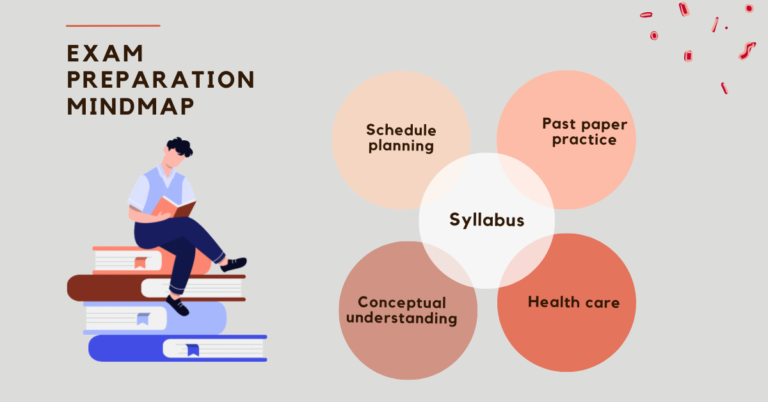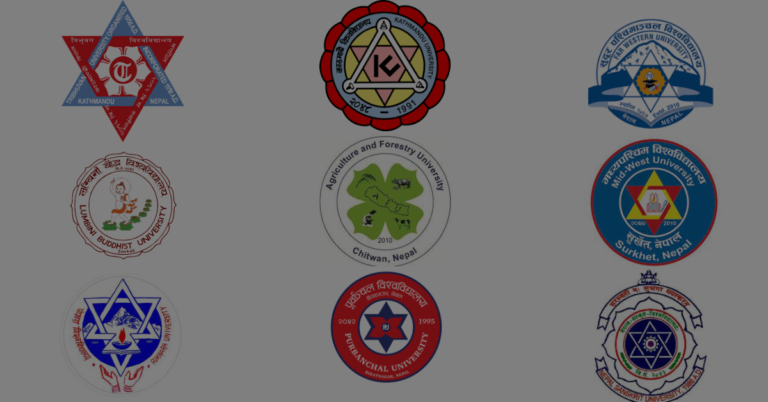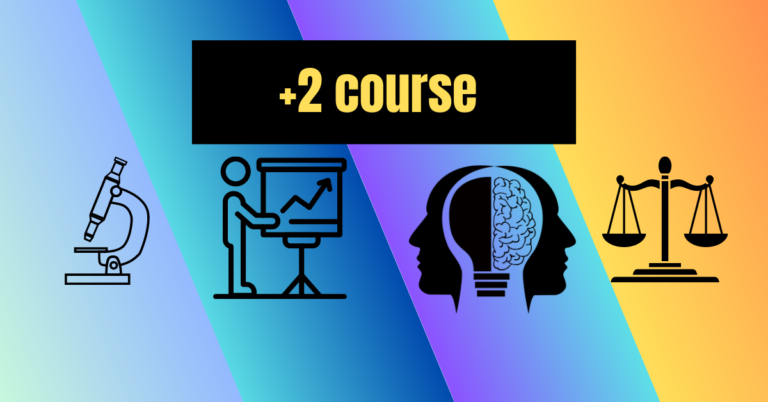12 Secrets To Study Effectively
Being Properly Organized And Prepared For Tests And Exams Can Make All The Difference To School Performance. Using Secrets To Study Effectively With The Right Attitude—A Positive Outlook Can Shift Studying From A Punishment To An Opportunity To Learn.


When learning how to study properly, there is no one method that works for everyone. Every student should have a different study strategy. Knowing what works and what doesn’t for you is crucial because everyone has various abilities. (Determine your learning style and the study methods that are most effective for you.)
Some students find it easy to study and stay motivated, while others might need to put in a little bit more effort.
What Is The Most Effective Way To Study?
Finding the best way to study is an ongoing process. It cannot be done the night before the test. To know what works (and what doesn’t), you need constantly work on your study techniques.
The next time a major test is approaching, learning better study techniques will help prevent anxiety and stress. After all, if you have had enough time to thoroughly review and practice the content, you are more likely to perform well and feel less anxious before a test!
Developing efficient study techniques will not only make learning easier, but will also improve your marks in high school and post-secondary.


Discover the 12 secrets to studying effectively that will help you ace your next test.
1. Get organized
Carry a homework planner at all times. Entering homework, projects, tests and assignments as soon as they are assigned will make sure they aren’t forgotten about.
2. Pay attention in class
When the teacher is speaking, it’s critical to pay attention and stay focused. Concentrate on what is being said while taking notes in your own words to practice active listening. You may ensure that you hear (and comprehend) the information being delivered in class by doing this.
3. Steer clear of distractions
Distractions are everywhere—from cell phones to social media to friends. Be aware of what distracts you in class and know how to steer clear of these distractions. Avoid sitting next to friends if you know they will distract you. Turning off your cell phone will also help make sure you are paying attention to your teacher.
4.Make sure notes are complete
You will be better able to understand the material you are learning if you take thorough and detailed notes in class. Additionally, these notes will serve as study materials that can be examined prior to a test. If you miss a lesson, check your notes with friends or the teacher to make sure they are comprehensive.
5.Ask questions if you don’t understand
Raise your hand and ask questions if you don’t understand something. If you don’t feel comfortable asking in front of everyone, write yourself a reminder to talk to the teacher after class.
6. Make a study schedule/plan
Look through your planner and consider what has to be done before creating a study schedule. Consider the topics and question types that will be addressed on the test so that you may decide what to concentrate on. Establish clear objectives for each study session, such as the number of topics you plan to cover by the end of the session.
7. Review notes from class every evening
After school, review and expand on the notes from class. Reviewing notes helps move material learned from short-term memory into long-term memory, which will help next time you have a big test.
8. Talk to teachers
Teachers are there to support you in doing your best. If you require additional explanation or assistance before your test, speak with your teacher. Asking for assistance proactively is really effective with teachers!
9. Designate a study area
The ideal study location is one that is peaceful, well-lit, and away from busy streets. Make sure the area where you will study and write is uncluttered. Since everyone has various demands, it’s critical that you locate a location that suits you.
10.Study in short bursts
For every 30 minutes you study, take a short 10-15 minute break to recharge. Short study sessions are more effective and help you make the most of your study time. Find out more about taking a study break that works.
11. Simplify study notes
Make studying less overwhelming by condensing notes from class. Underline or highlight key words. Create visual aids like charts, story webs, mind maps, or outlines to organize and simplify information and help you remember better.
12.Study with a group
Working with classmates encourages an interactive environment to keep you engaged. This gives you a chance to test your knowledge with others, quiz each other on the content, and help boost each other’s confidence.
Knowing how to study effectively is a skill that will benefit you for life. Developing effective study skills requires lots of time and patience. If you follow these tips you’ll be on your way to discovering which type of studying works best for you—so you can knock your next test out of the park!







